How Do Birds Mate?
Most birds mate by a cloacal kiss. Male birds do not have a penis. Both male and female have an avian vent or cloaca. They mate by briefly touching cloacas so sperm can pass from male to female. Ducks, swans and most waterbirds do have penises and mate through penetration.wild
The Equipment
First of all, most birds are made differently to mammals. Males do not have penises, and from the outside male and female birds" sexual equipment looks the same.
Both male and female birds have a cloaca or avian vent. This is an opening just below the tail which lets sperm, eggs, faeces and urine out. And in the case of the female, lets sperm in.

Inside the body, males have testicles, and females have just one ovary.
Birds' reproductive organs change during the year. As seasonal temperatures, light levels and food availability signal the start of the mating season the cloaca swells and expands.
Once breeding is done, the cloaca and other reproductive organs shrink to minimise weight for flying and migration.
The Act of Mating
Bird courtship may be fascinating with brilliant plumage, beautiful songs and impressive dances. But the sex act itself for birds is nothing to get excited about.
Male birds have no penis, so there is no penetration. Birds mate with what is known as a cloacal kiss.

The male mounts the female from behind, balancing on her back. She arches her back and moves her tail to one side. He hunches over, and their cloacas touch for just a second. During this brief touch, the male releases sperm which enters the female.
The balancing act is tricky, and it may last a while so that the birds can have more than one cloacal kiss, increasing the chances of insemination. Scientists believe that just 1-2% of the sperm ejaculated makes it into the female. So, quite a few kisses are probably needed.
Once insemination has happened, the female may start producing eggs in a couple of days. Or it maybe months. She is capable of holding on to sperm within her body until the conditions are right for nesting.
Although some males will leave straight after the sex act and have nothing to do with nesting and raising chicks, most of our songbirds to nest and rear as a family.
So Are Birds Exclusive?
Many birds do pair up for one mating season, for a year or life.
But this may not mean they are sexually exclusive.
Because of the need to ensure insemination birds will mate several times, with different partners during the season.
So when the female's body clock tells her the time is right to start producing eggs, she may well have sperm from several different partners inside her. So the eggs she lays may have several different fathers.
It gets better. Because birds of the same species build nests that look quite similar, it's not uncommon for a female to lay her eggs in more than one nest.
The result is that two birds may raise some chicks that aren't biologically related to one or both of them.
But this doesn't cause any drama or rejection of the "step chicks".
So experts say that birds bond socially rather than sexually - it's a feathered "open relationship."
Ducks Do it Differently.
When you think that on dry land, a cloacal kiss only gets 1-2% of sperm into the female, you can imagine how low the success rate would be on the water.
So, nature gave male ducks, swans and most water birds a penis.

This is an extension of the cloacal wall which becomes erect for mating.
Mating happens on the water. The male climbs on top of the female and holds her under the water briefly as he penetrates and inseminates her.
It's a much more practical method for water birds.
Give Us Some Privacy Please!
If you spot birds mating, you are sure to want to stay and watch. This is fine. They are going to be too occupied during the act to take much notice of you.
But please be sure to keep quiet and keep your distance.
You don't want to interrupt them in the act. And more importantly, birds often nest near where they mate. When nesting, they are very alert to potential dangers around them. If you disturb them, you may cause them to abandon a suitable nesting site. This could mean their brood will fail. It could also mean you miss out on seeing the chicks later in the year.
Conclusion
So whoever said no one ever got pregnant from kissing didn't know much about birds did they!
We hope you enjoyed this article and found it useful. If you have questions or birds and bees stories, we would love to hear them. Leave us a comment below.

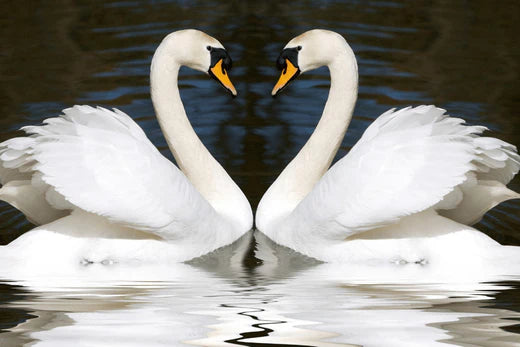
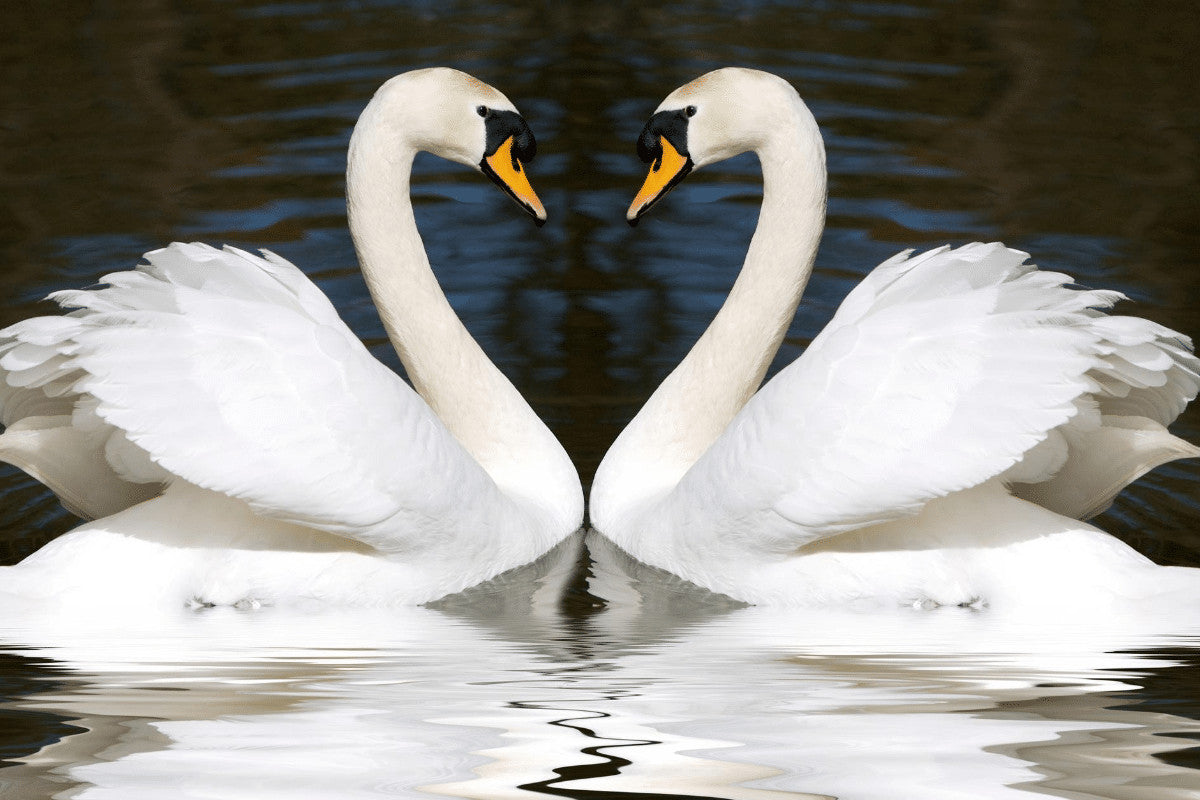
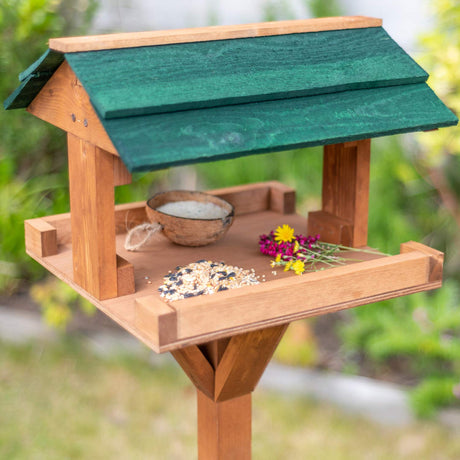
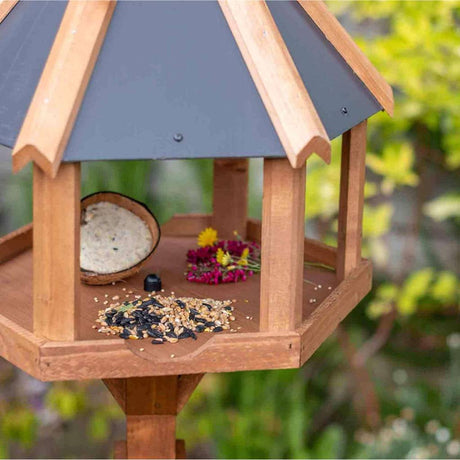
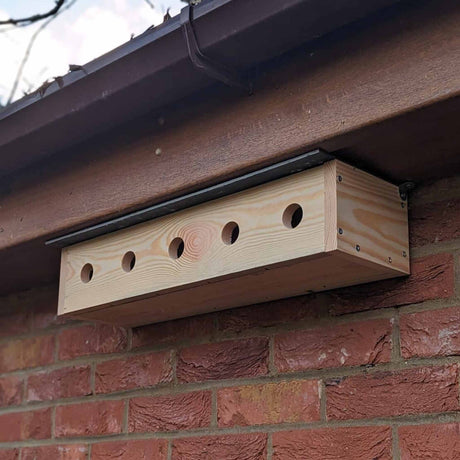
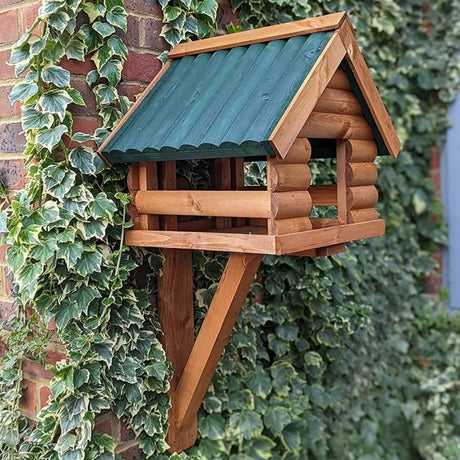
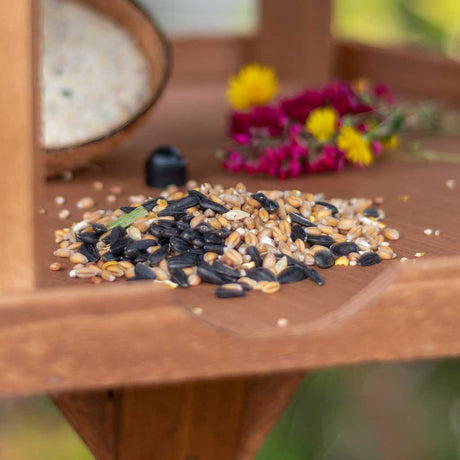
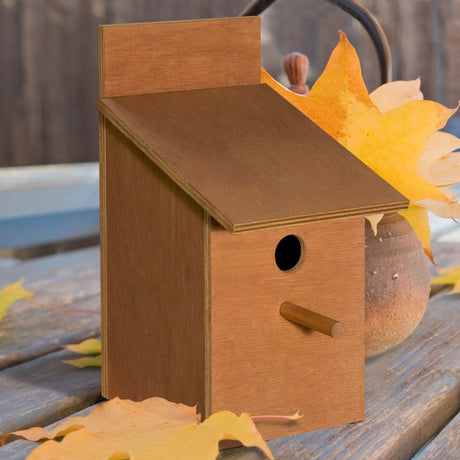

11 comments
From what I read somewhere, Frigate Birds (Man o Wars) and albatrosses mate while flying, as most of their lives are spent in the air and have extremely weak feet and legs. Needs confirmation.
I just got through watching a pair of hawks do it. The female was on a high wire line and the male flew down and landed on her back. The male flapped his wings I assume for balance. He was on her back for just a short breaf of time. He got off and landed beside her for about a minute and then flew off. The female stayed on the line for another minute and then flew off. I didn’t know how they mated until I read an article on it. The male was much larger than the female. It was interesting to read the article on how they mate.
sex
Thank you for this beautiful, informative write-up.I love the bird world.While reading it I was thinking of an exception but that was explained too in it…I mean ducks.
Just saw two downy woodpecker’s front of front. Looks like they were kissing. Just wondering if there’s some sort of Premating ritual
This was very interesting. In all the years I’ve been on Explore, I wondered how birds reproduce, and now I know. This was a very good explanation. Thank you.
Can a female dove receive sperm if she mounts the male? I live in Oregon, and it’s November, so I’m guessing my female dove is mounting my male dove to bond with him, and not to get gravid. It’s not a dominate thing because they are so playful and flirty with each other.
That was sooo interesting. I had no idea that birds didn’t have penises. Now I know all about the cloacal kiss – thank you!
Omg! Hahaha, literally love birds. But didn’t know that they have sex while not flying either. :)) also, kissing is good for you apparently but bum kissing sounds better. What’s ur star sign? Apparently every star has a bird attached to it and I’m a puuffin
Very interesting! I had no idea. I did see a pair of blue birds on our fence. He hopped on her for mane a second or two then off, pecked her back twice, then flew away. This seems to be a breeding pair as the dad helps around the house.
Thank you for sharing this very interesting article!!
VERY interesting! And very informative. For some reason, I’m not sure why, maybe an adult from my past told me, I thought birds “did it “ in flight. I’m going to do a little researching…maybe it’s insects that do it in flight. Thank you for your time helping me understand a bit more about the birds, not the bees. ;-)